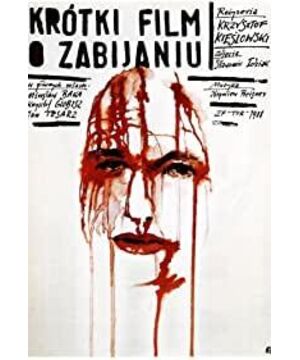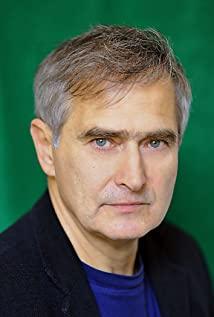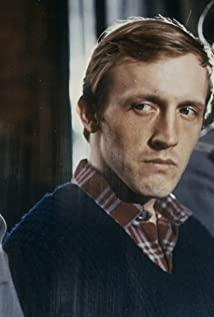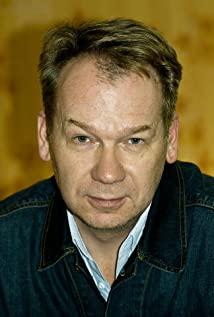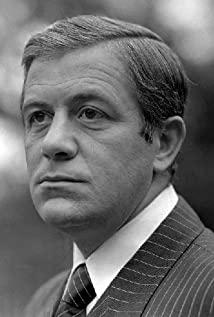In 1988, the appearance of this "Murder Short Film" caused a controversy in European society. There are probably several aspects of social controversy. 1. Has the rapid development of social change made the values of the young generation begin to collapse? 2. The increase in crime rate is caused by the environment of the fast-moving society or the sequelae left over from the war. 3. The national legal system and violent institutions have started a fierce struggle over the existence of the death penalty. After rounds of fierce rebuttals, the final focus gradually shifted to the final debate.
It is this situation that makes me suspicious, at least because of the difference in ideology in China, whether it is our moral concept or the legal process, such as the heavy criminals in the movie, the death penalty is cruel but it is also an inevitable measure to punish the criminals. As the lawyer in the movie said, the death penalty plays an important role in shocking people. However, for so many years, relevant international organizations have investigated the increase in crime rates brought about by the death penalty in various countries and found that the death penalty has nothing to do with the crime rate of the country. That is to say, the death penalty does not solve the problem of crime rate. To really solve the problem of crime rate in a country, we should focus on whether the social environment of the country is good and whether the educational undertaking has achieved the desired effect.
People are always denouncing that violence can no longer be overcome by violence. But this sometimes expresses a voice in a subjective attitude that has nothing to do with oneself. Just imagine if you can still forgive the criminal who hurt you so calmly if the crime happened to someone related to you. The role of the law is based on the public rather than a private person, and sometimes the judgment of a case is related to the questioning of the entire society. In the film Jack is about to accept the death penalty and the lawyer has a final conversation, not only was interrupted several times, but finally the execution was basically forcibly ended. Here begins a new topic, which is whether death row prisoners should still have human rights. In fact, death row prisoners basically have no human rights. State organs have deprived him of all citizenship rights, and finally he enjoys a little humanitarian care. So in fact, the death penalty is basically the terminator of human rights.
From the film's opening credits, a dimly lit Eastern European town, bizarre and spooky sound effects, dead cockroaches, dead rats, and a hanged cat. This strange and dangerous tone has already paved the way for the chaos of the social environment. We also have no way of knowing Jack's motive for the crime, like an ignorant thrill-seeking teenager who killed a taxi driver. Perhaps because of the influence of Western religions, Westerners always have the idea of tolerance towards criminals, but in my opinion, what this film wants to convey is not the issue of whether the death penalty should be abolished, but the cause of this incident. The reason, and whether or not the death penalty can explain everything can solve everything.
Sometimes justice can't fill the hole of moral flaws, but it can cover it up.
View more about A Short Film About Killing reviews


